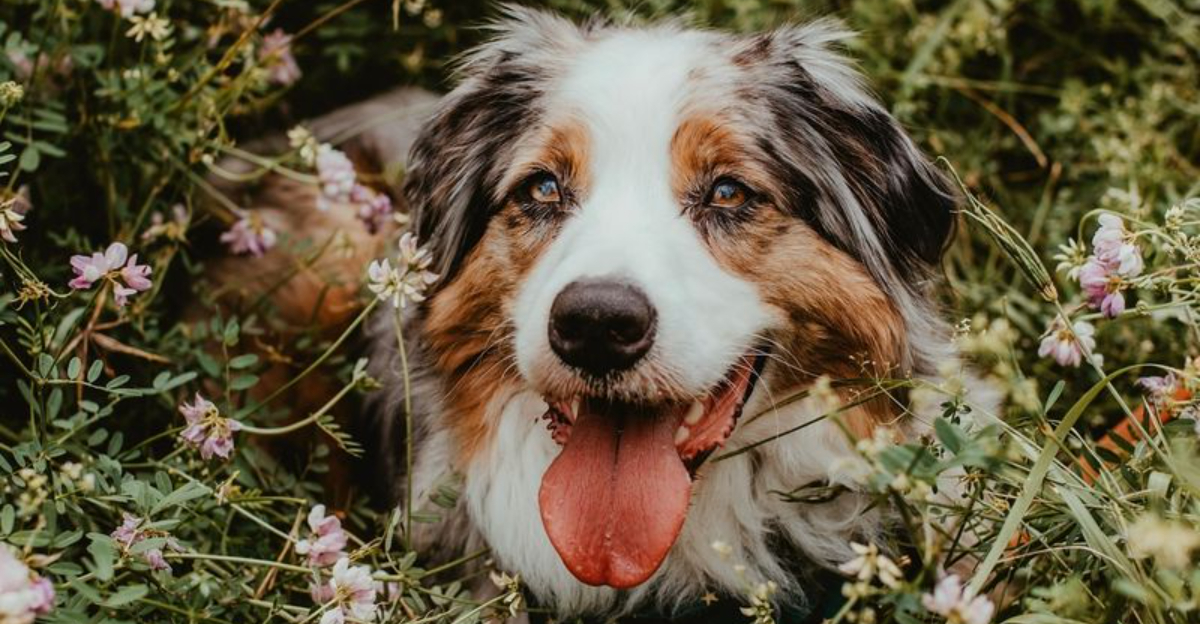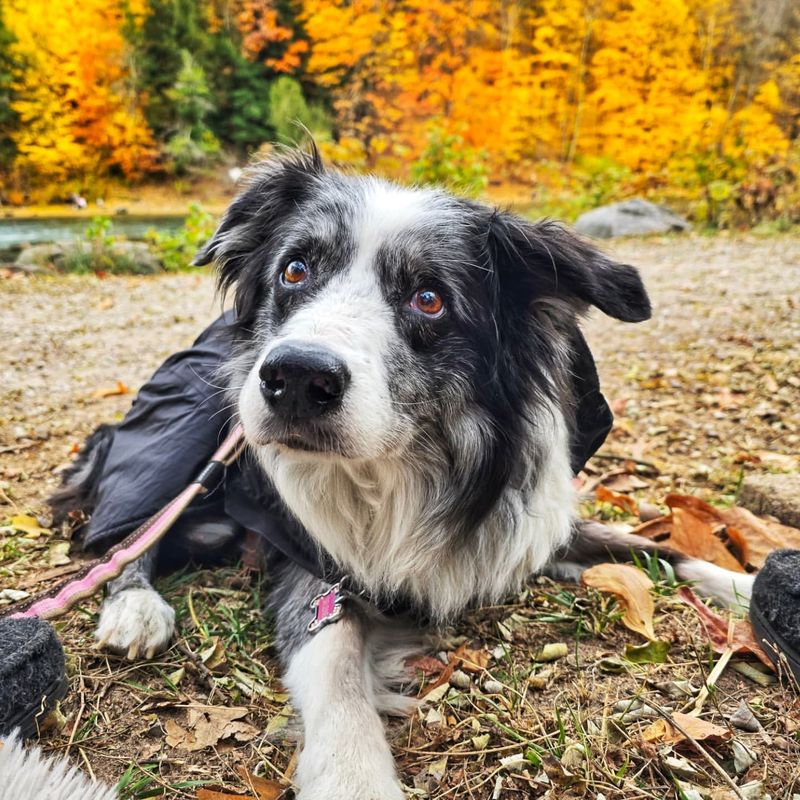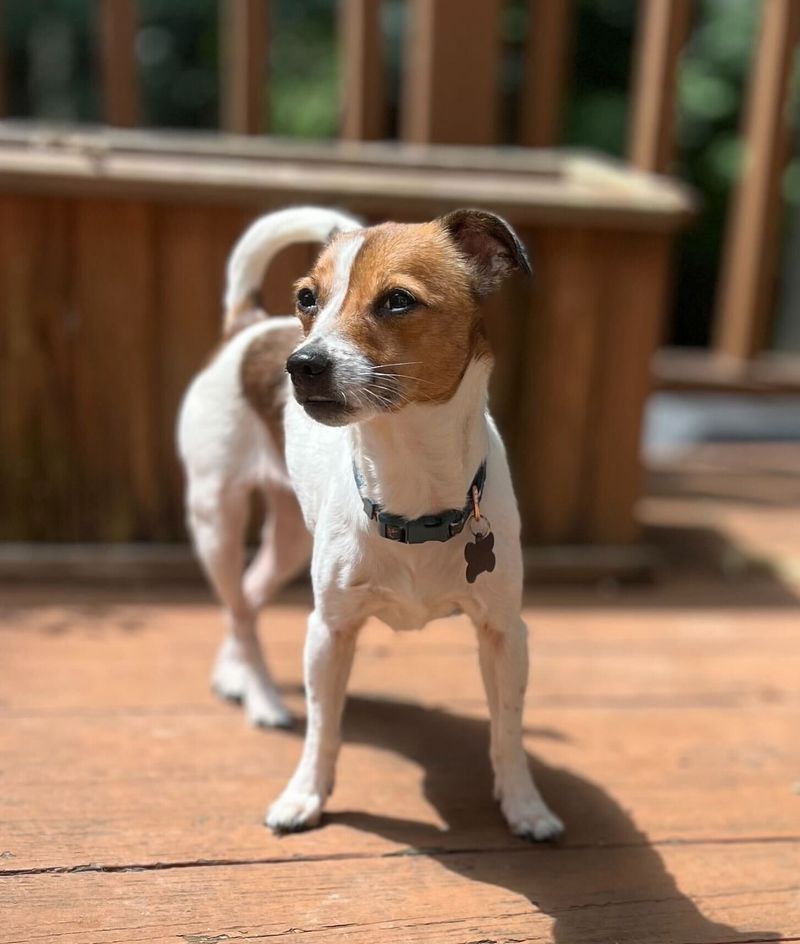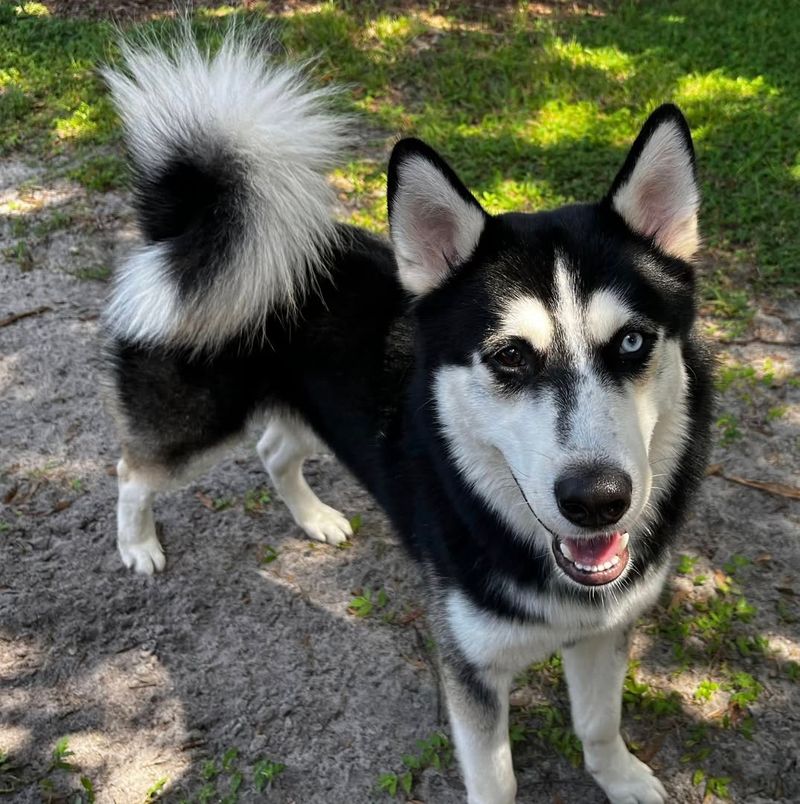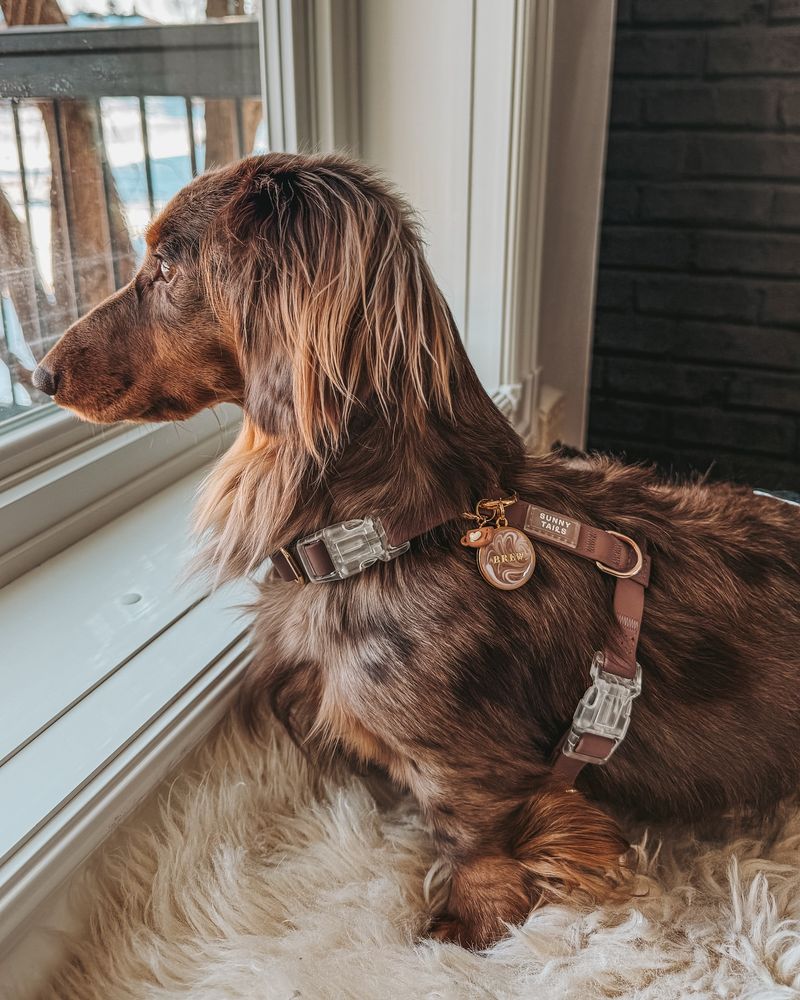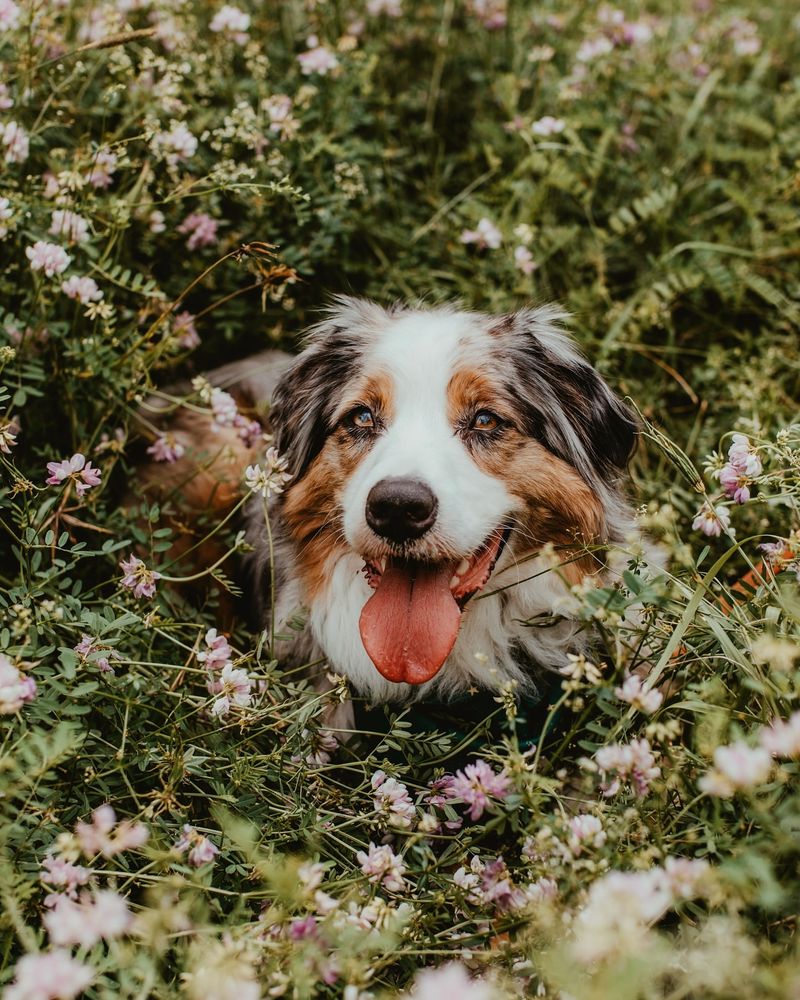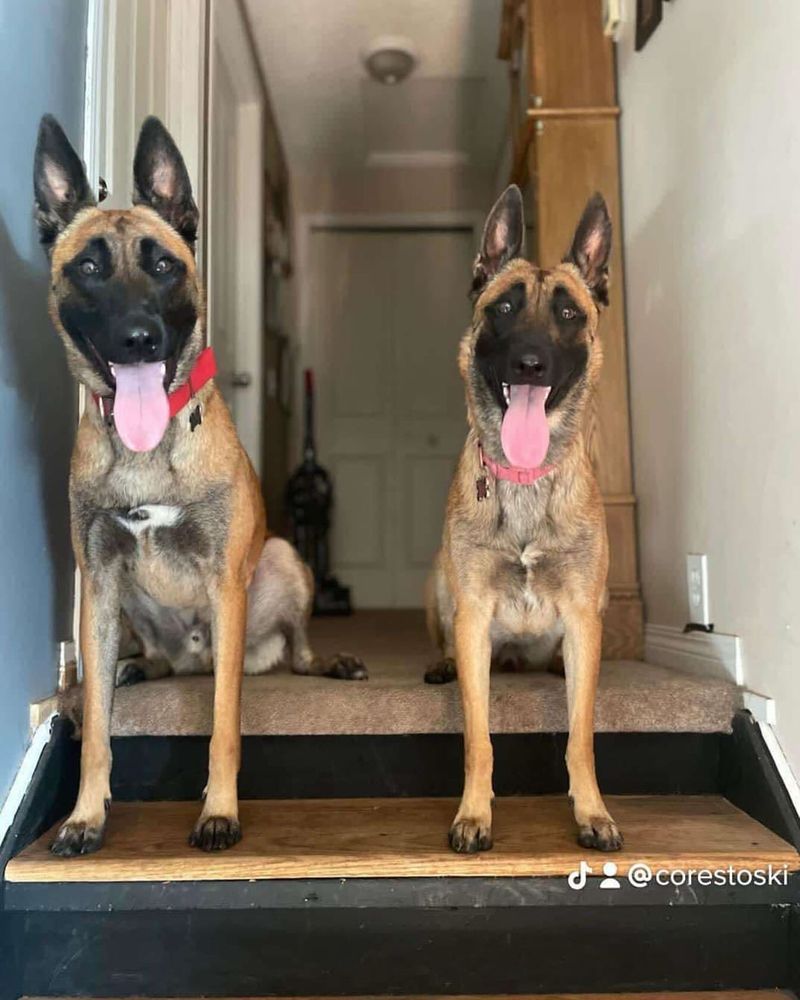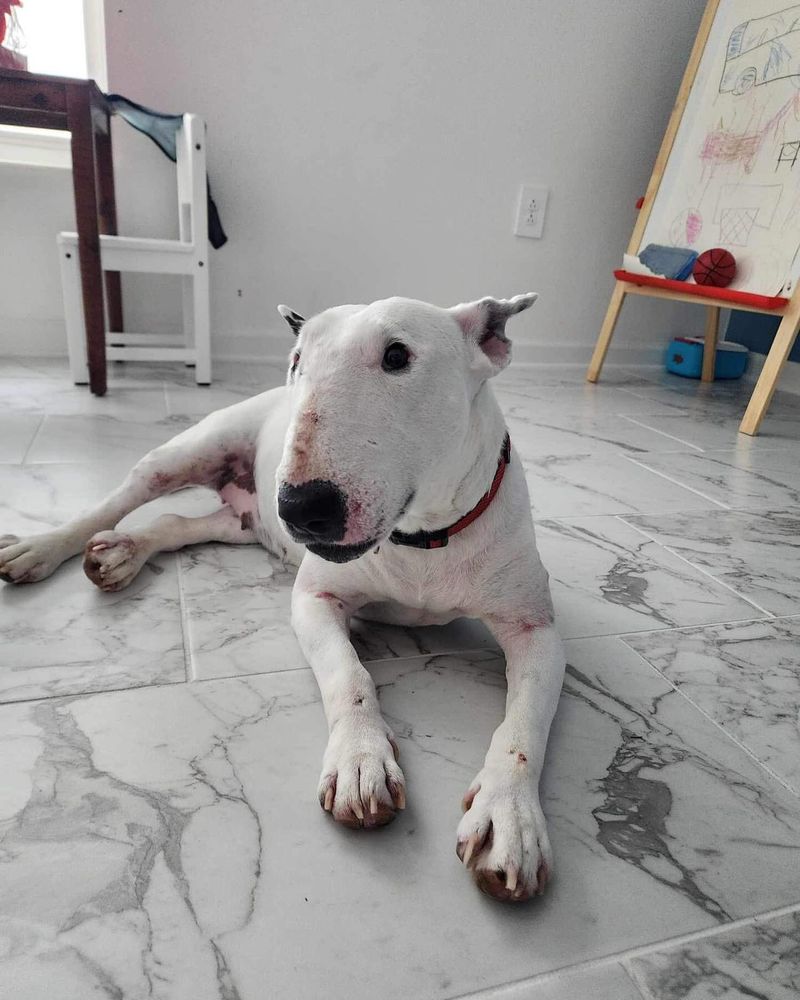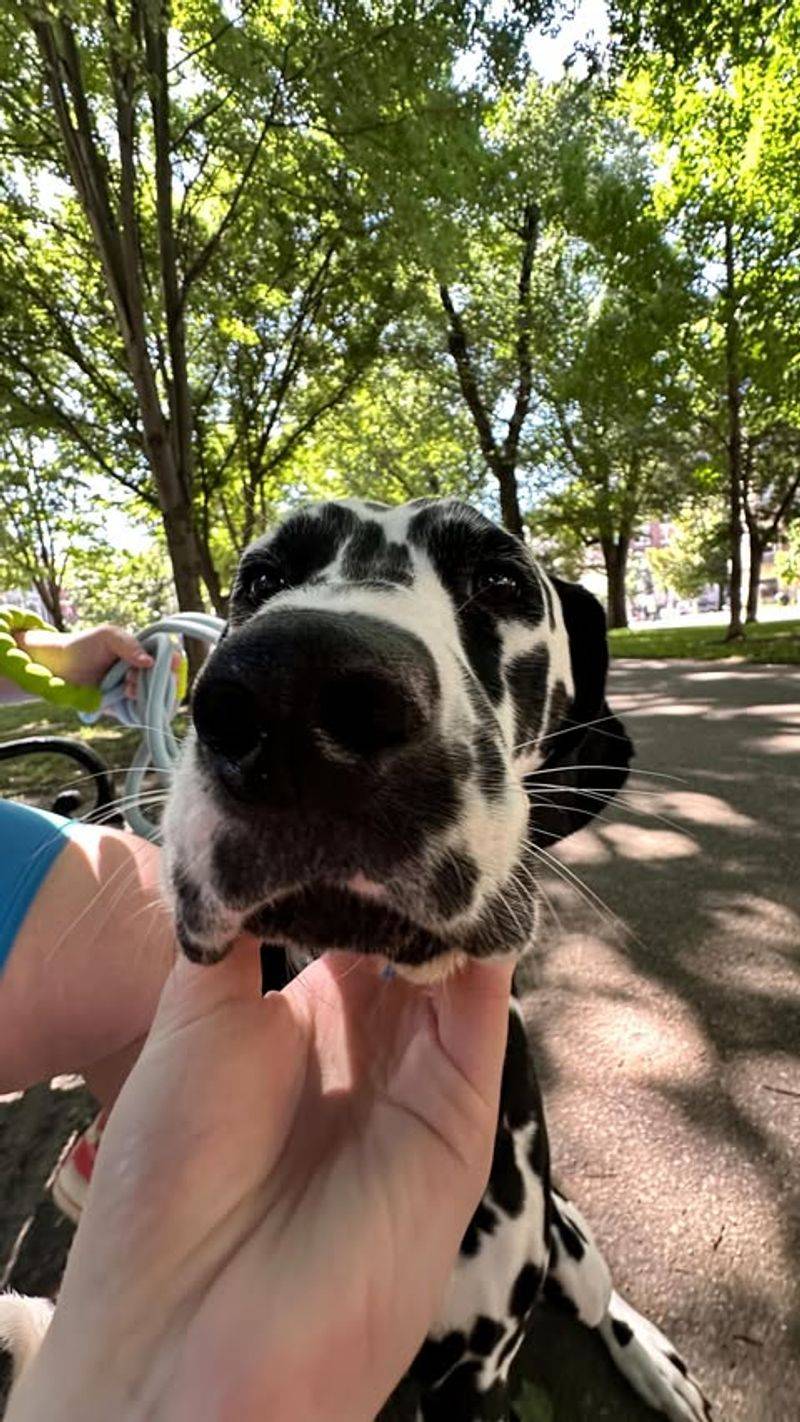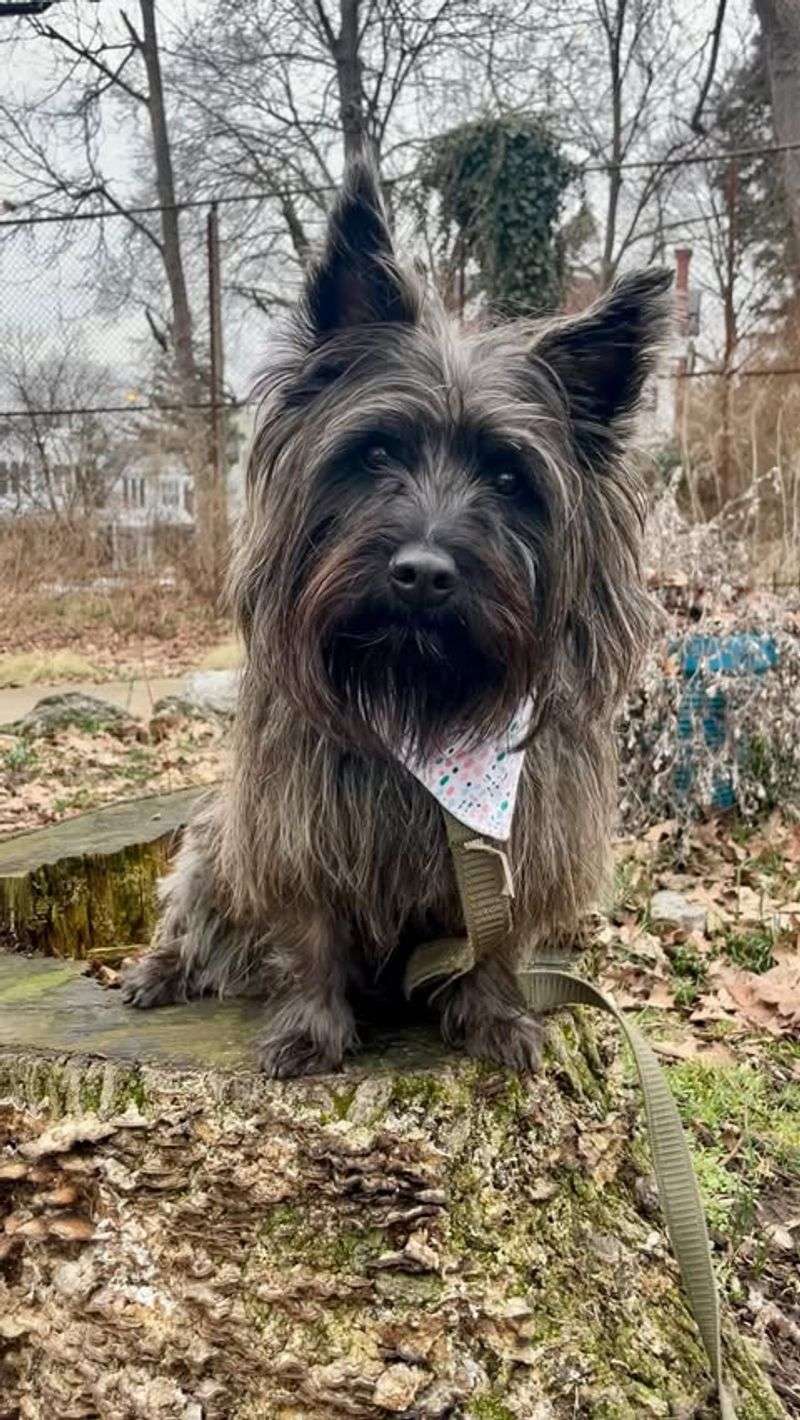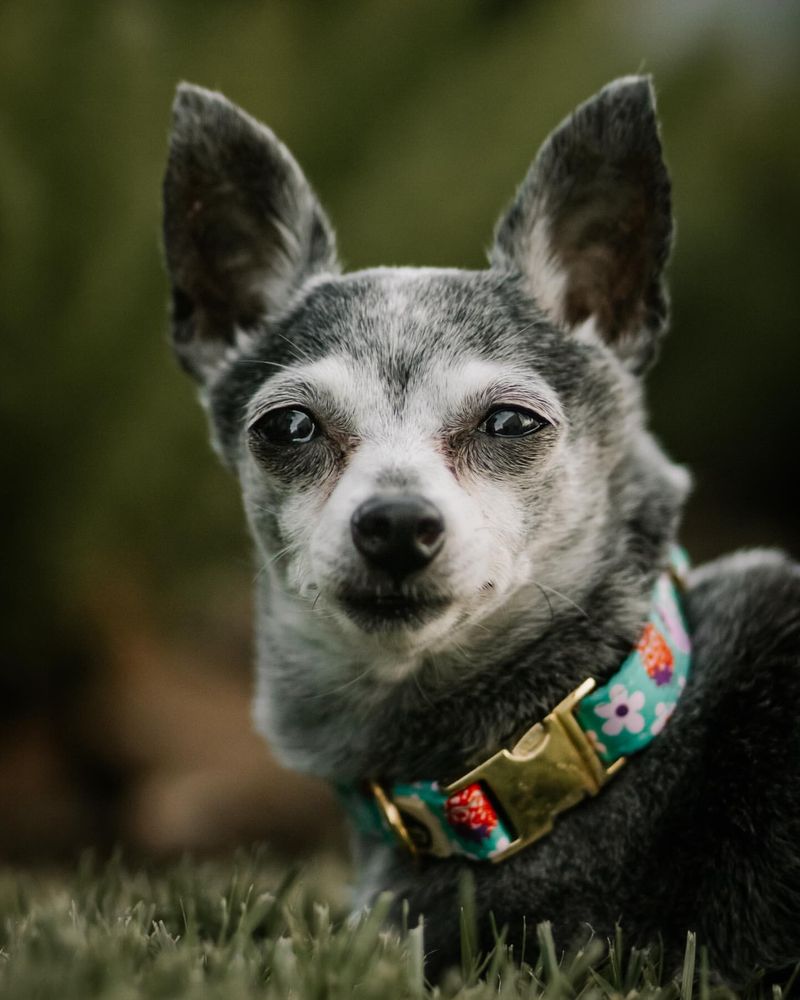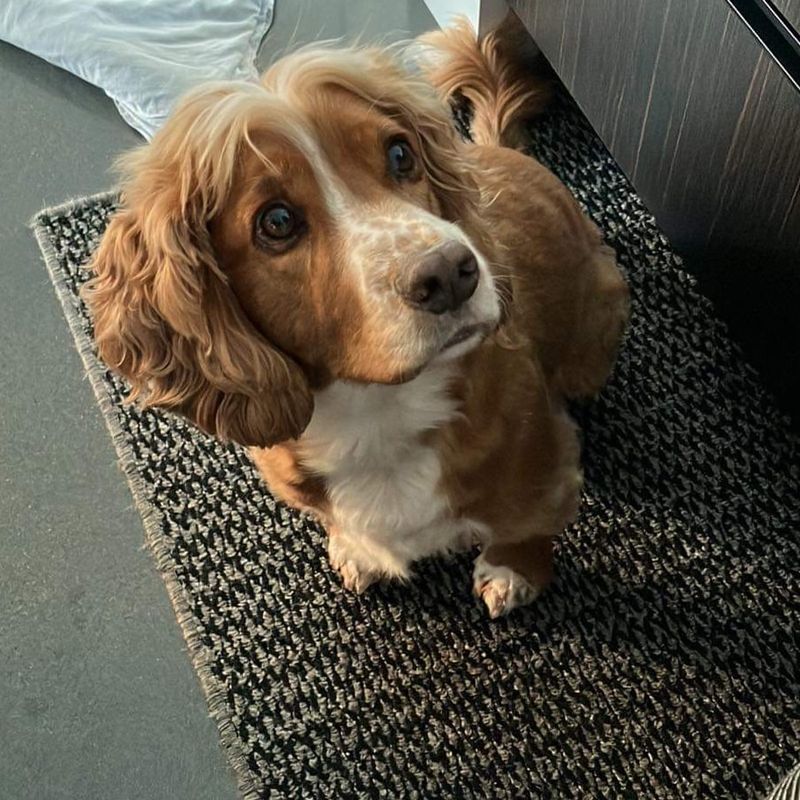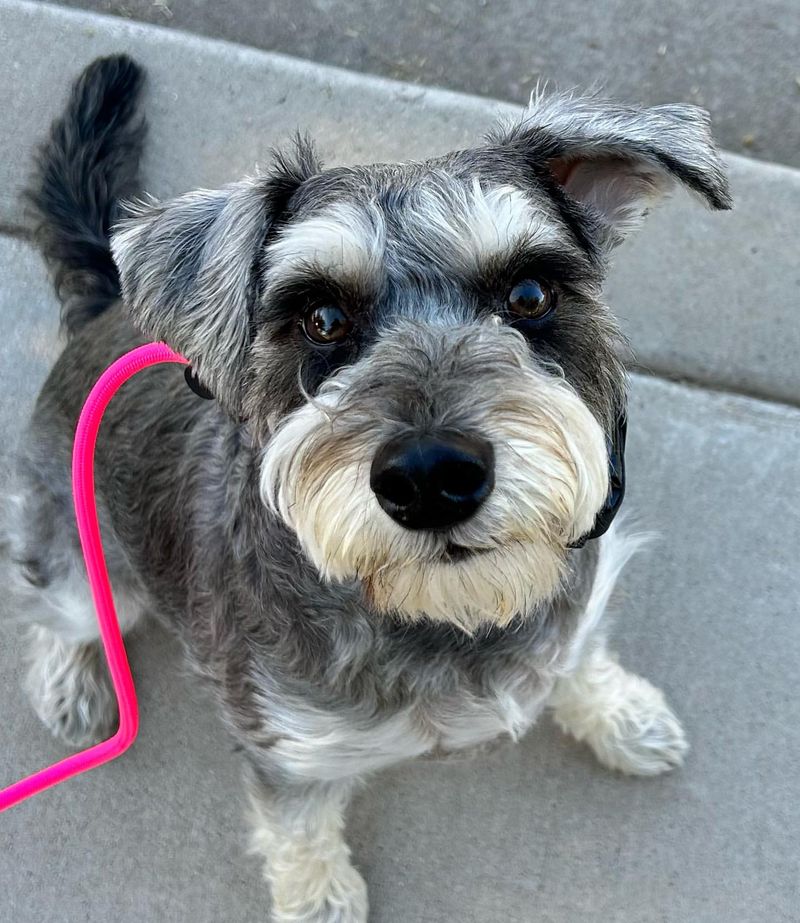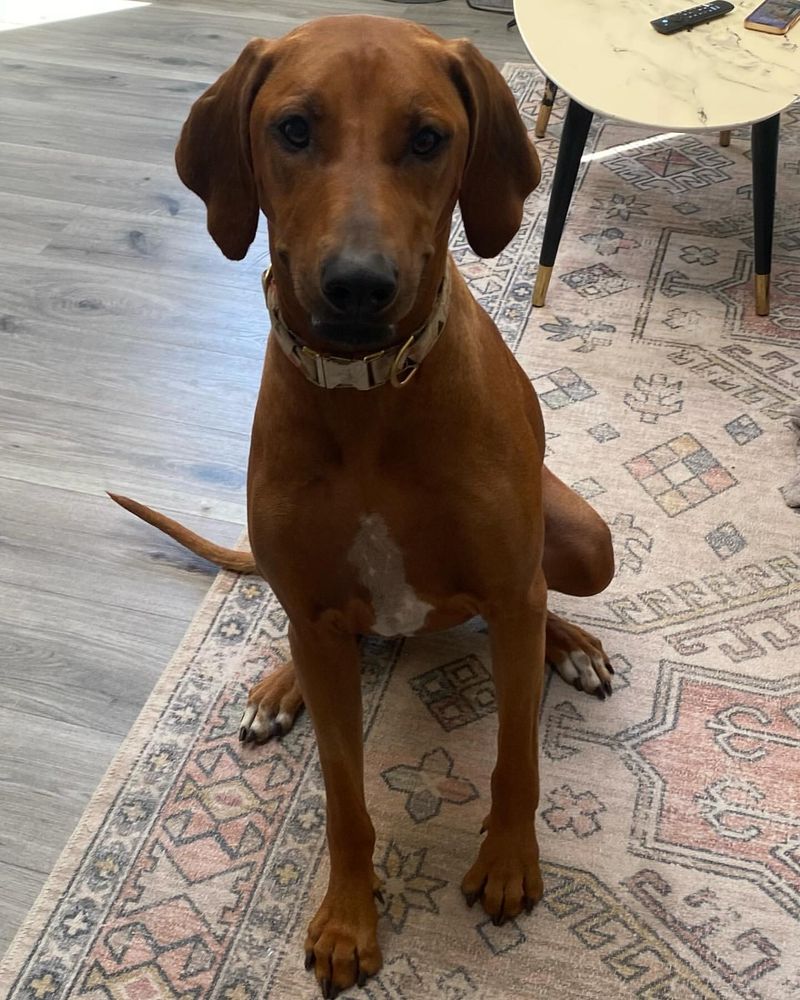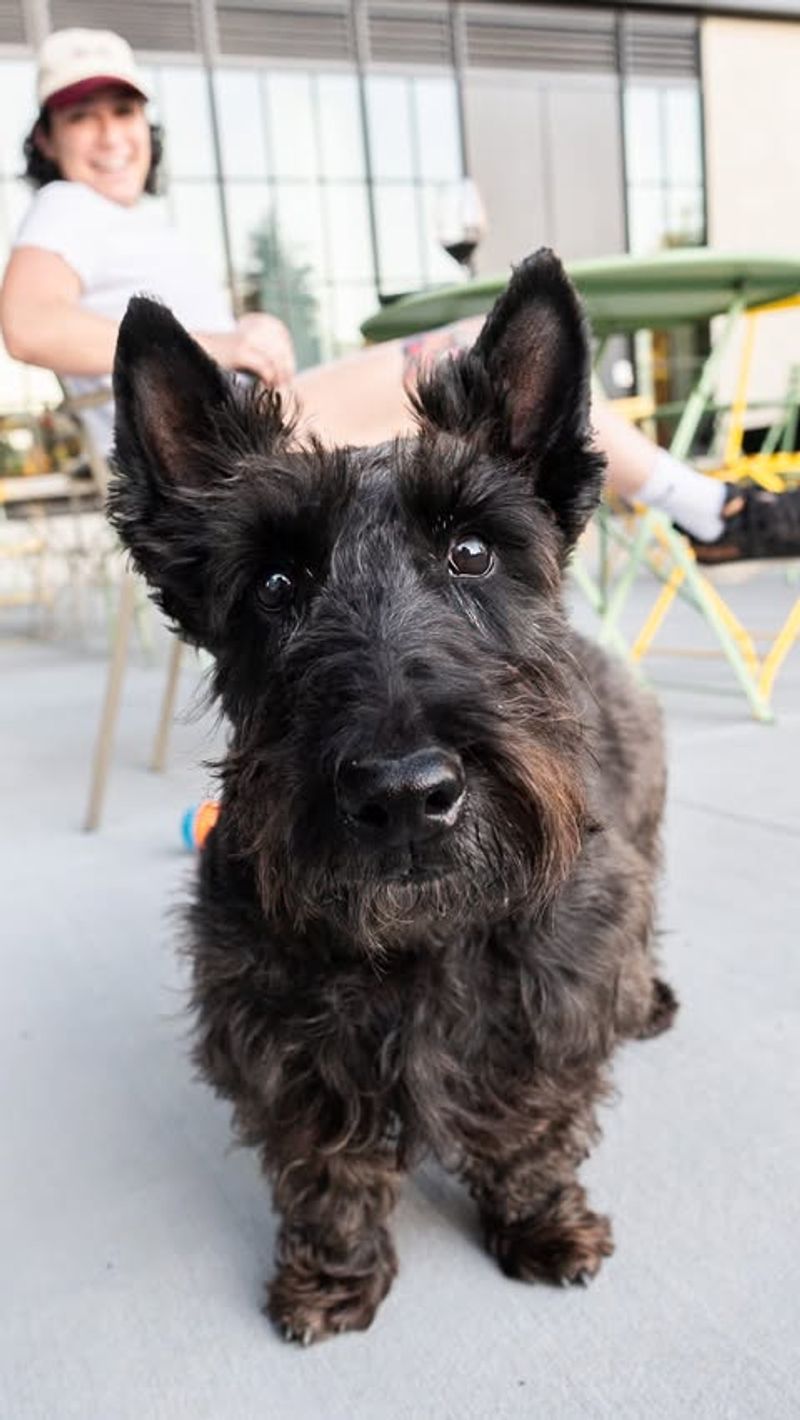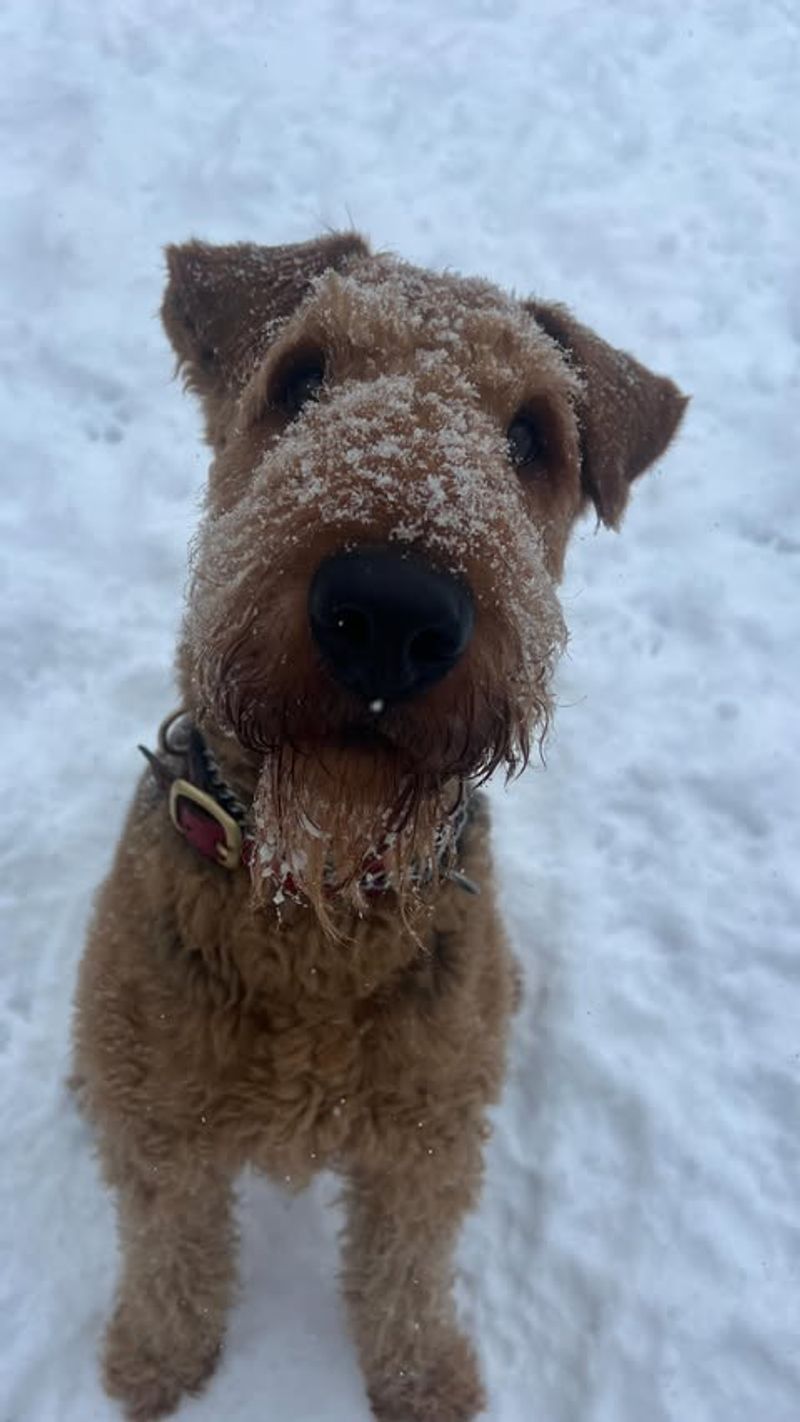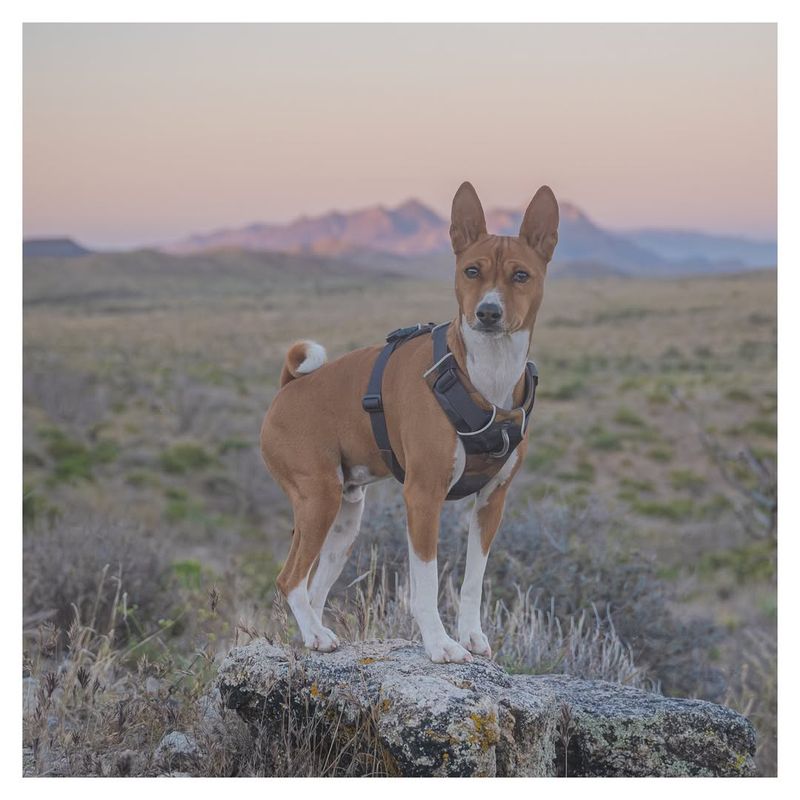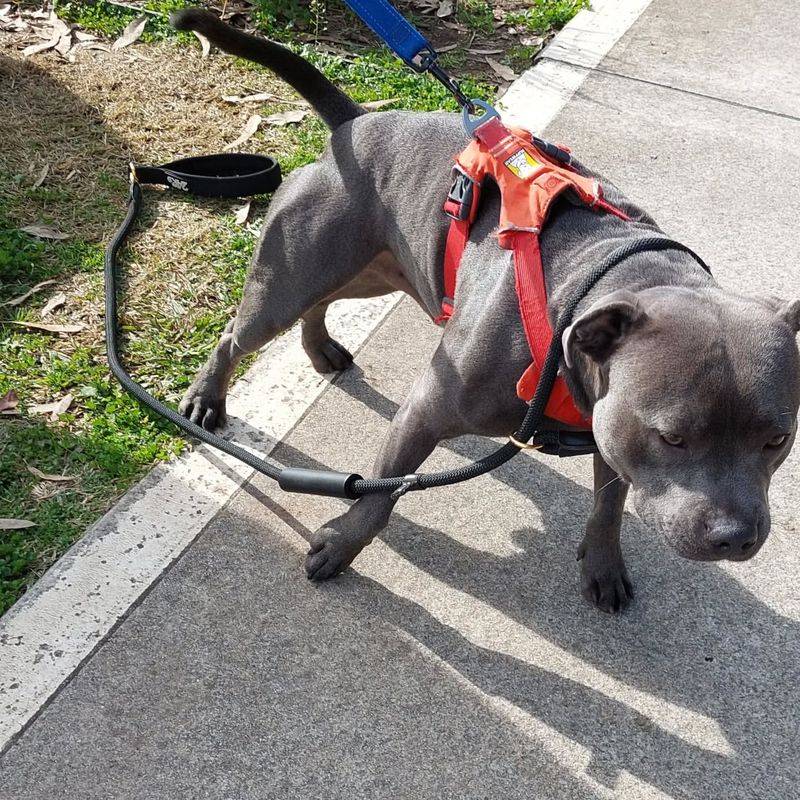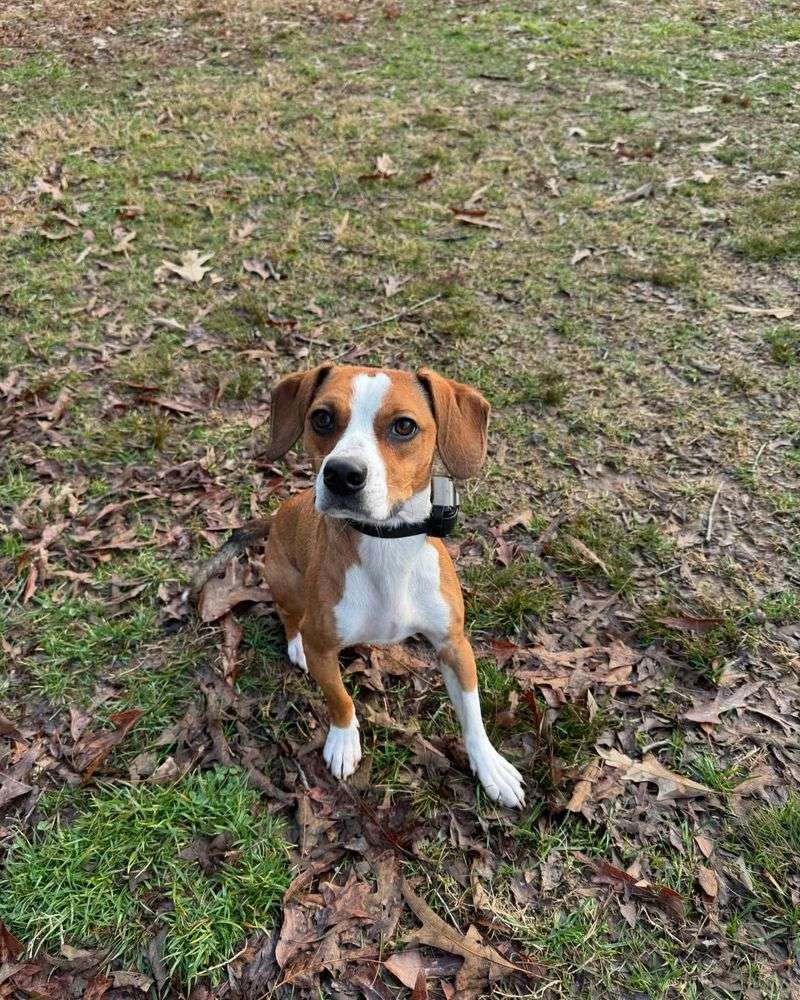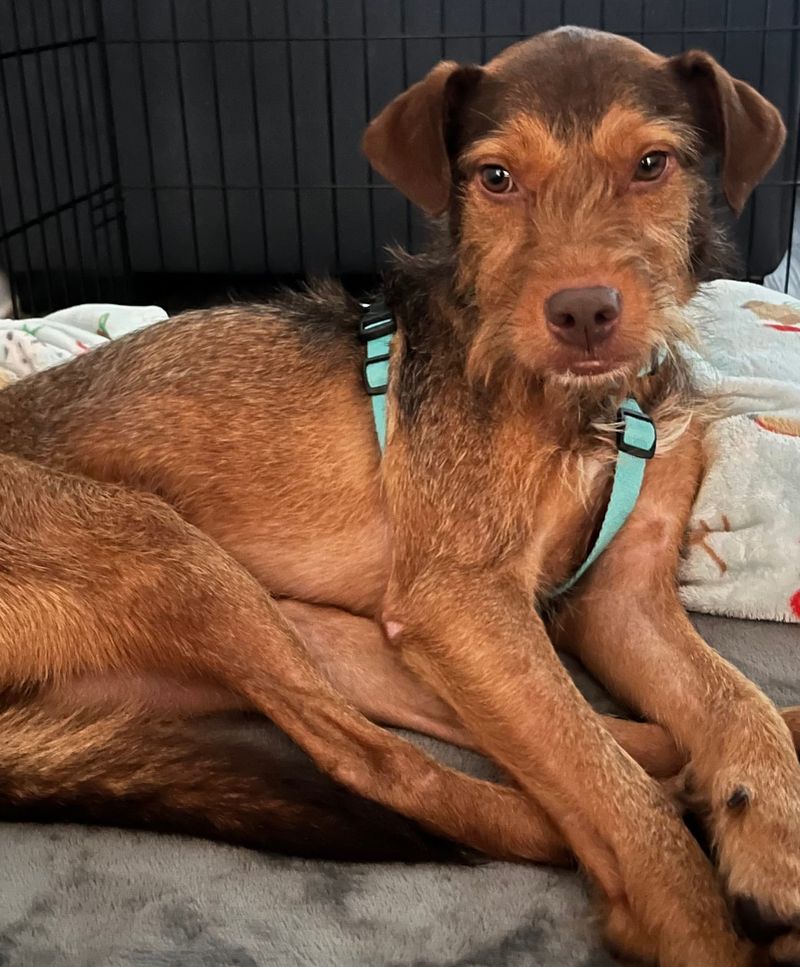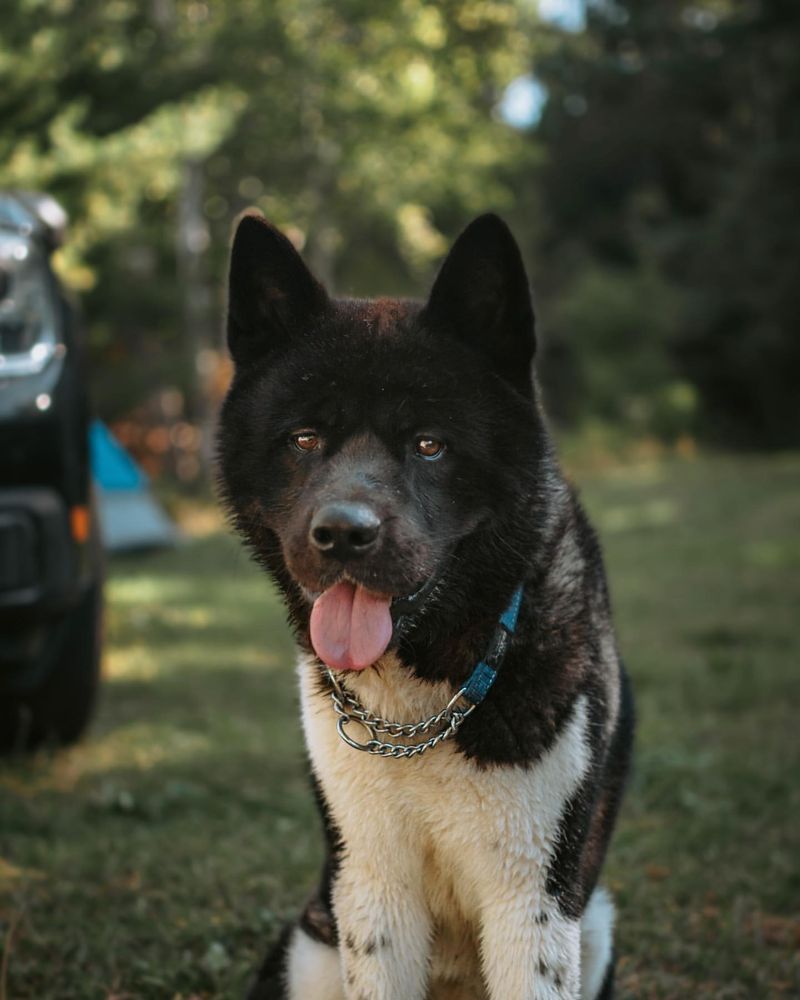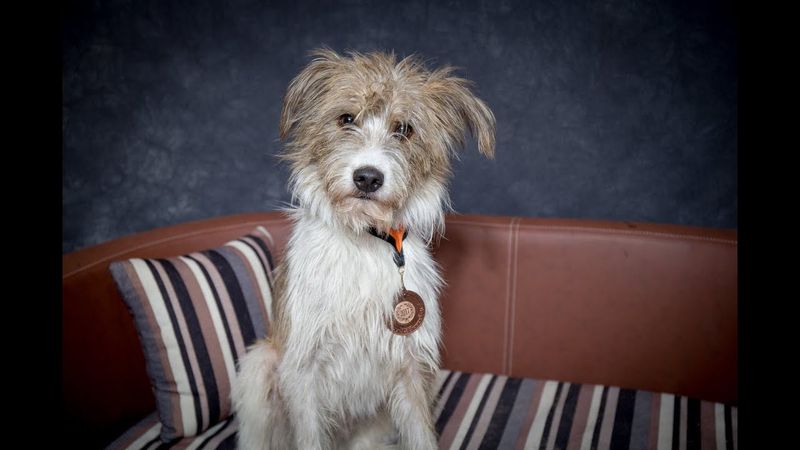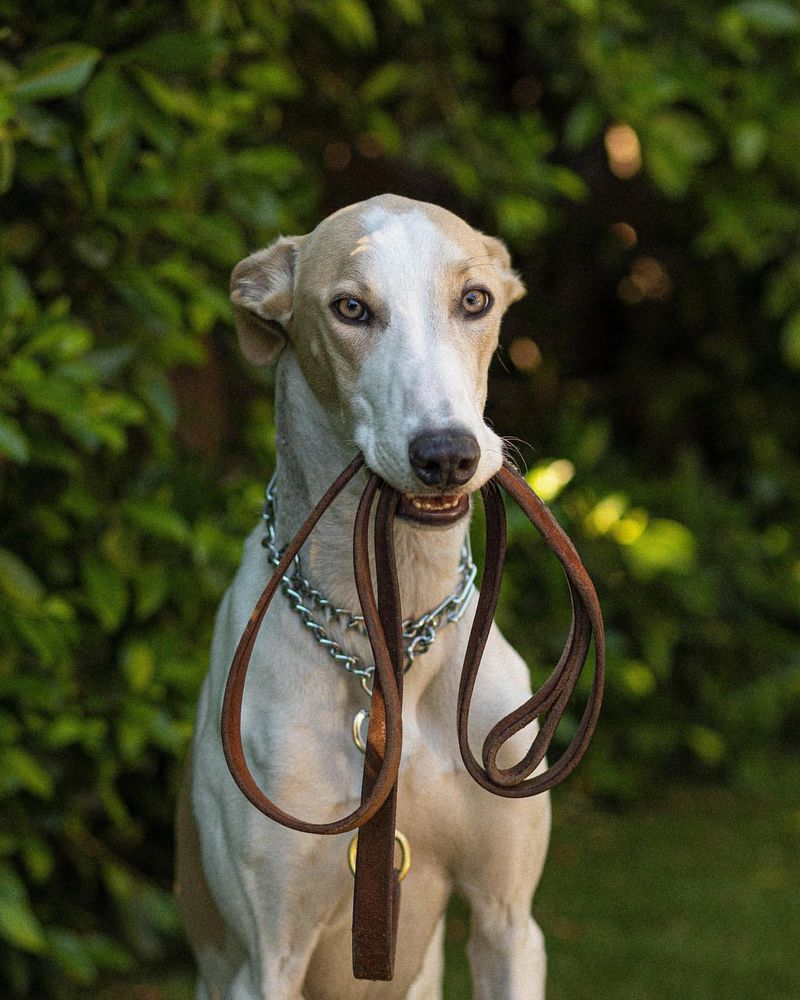Dogs are beloved companions, but some breeds have a reputation for being highly reactive, especially around other pets. Whether it’s their strong prey drive, territorial nature, or sheer energy, these breeds may pose challenges in multi-pet households. This guide explores 26 dog breeds known for their reactivity, offering insights into their behavior and tips for managing a harmonious environment.
Border Collie
Border Collies are known for their intelligence and agility. They love herding, which can manifest as reactivity towards other animals. With their keen herding instincts, they often chase smaller pets, mistaking them for livestock.
Despite their reactivity, Border Collies are highly trainable. Providing them with mental stimulation and physical exercise can reduce unwanted behaviors. Owners should channel their energy positively through dog sports or herding activities.
However, supervision is essential when they are around smaller pets. Early socialization and consistent training are vital in ensuring they coexist peacefully in a multi-pet household.
Jack Russell Terrier
Jack Russell Terriers are small but mighty, with a strong prey drive. Their instinct to hunt can make them reactive towards smaller pets like hamsters or rabbits.
These terriers are incredibly energetic and require plenty of exercise to keep their minds occupied. Long walks, agility training, or interactive toys can help manage their energy levels.
Early socialization is crucial for a Jack Russell Terrier. Introducing them to various pets and environments during puppyhood can help reduce reactivity. Patience and consistent training are key to a harmonious relationship with other household pets.
Siberian Husky
Siberian Huskies are known for their independent and lively nature. Their history as sled dogs gives them a strong prey drive, which can lead to reactivity around smaller animals.
Although friendly with humans, Huskies may not distinguish between pets and prey. It’s crucial to supervise them closely around other animals. Providing ample exercise and mental challenges can alleviate some of their natural instincts.
Training should focus on recall and impulse control, ensuring they respond to commands even in the presence of distractions. Socialization from a young age helps them adapt to living with various types of pets.
Dachshund
Dachshunds are small hounds with a bold personality and a strong hunting instinct. Originally bred to hunt badgers, they may exhibit reactivity towards smaller pets and even larger animals.
Their curious nature can make them prone to chasing, so supervision is necessary. Providing them with scent games or other mental activities can channel their instincts positively.
Training Dachshunds requires patience and consistency. Socializing them early with other pets helps reduce competitiveness and reactivity. It’s essential to manage their environment to prevent unwanted interactions and promote peaceful coexistence.
Australian Shepherd
Australian Shepherds are intelligent and energetic, with a strong herding instinct. This can make them reactive around smaller pets, as they may attempt to herd them.
Their need for physical and mental stimulation is high. Engaging them in dog sports or herding trials can satisfy their instincts. Owners should be cautious when introducing them to new pets.
Early training and socialization are crucial to managing their reactivity. Teaching them commands like ‘leave it’ and ‘stay’ can help control their impulses. Providing a structured environment ensures they can live harmoniously with other household animals.
Weimaraner
Weimaraners are known for their sleek appearance and high energy levels. Originally bred for hunting, they can exhibit reactivity towards smaller pets.
Their prey drive is strong, making it essential for owners to provide plenty of exercise and mental challenges. Interactive games and training sessions can help direct their energy.
Weimaraners require consistent training to manage their impulses. Socializing them with other pets from a young age can reduce reactivity. Establishing boundaries and maintaining a routine helps them adapt to living in a multi-pet environment.
Belgian Malinois
Belgian Malinois are highly intelligent and driven, often used in police and military work. Their reactivity can be a challenge in homes with multiple pets.
These dogs thrive on physical activity and mental stimulation. Regular training sessions and exercise are crucial in managing their behavior.
Owners should focus on impulse control and recall training. Socialization from an early age helps them adapt to different animals and environments. With the right guidance, they can coexist peacefully, but it requires dedication and understanding of their needs.
Bull Terrier
Bull Terriers are muscular and active, with a strong prey drive. Their playful nature can sometimes be mistaken for aggression towards smaller pets.
These dogs require structured routines and consistent training to manage their instincts. Providing them with engaging toys and activities helps channel their energy.
Socialization is key to reducing reactivity. Introducing them slowly to other animals and monitoring their interactions is crucial. With proper guidance, Bull Terriers can learn to live harmoniously in a multi-pet household, but it requires patience and commitment from their owners.
Dalmatian
Dalmatians are known for their unique spots and high energy. Their history as carriage dogs contributes to their reactivity, as they are always alert.
These dogs require plenty of exercise and mental stimulation to prevent boredom and unwanted behaviors. Long walks, runs, or even cycling can help manage their energy.
Training should focus on commands that control their impulses. Early socialization with various pets can reduce competitiveness and reactivity. Owners need to provide a supportive environment where Dalmatians can thrive without posing a risk to other pets.
Cairn Terrier
Cairn Terriers are small, sturdy, and spirited, known for their tenacity. Their history as vermin hunters can make them reactive towards smaller animals.
Despite their small size, they have a strong prey drive. Providing them with engaging activities and training sessions can help redirect their instincts.
Socialization and training from a young age are essential to manage their behavior. Owners should monitor interactions with other pets, ensuring a safe and harmonious environment. Cairn Terriers need guidance to coexist peacefully in a multi-pet household.
Chihuahua
Chihuahuas may be small, but their personalities are larger than life. Their boldness can sometimes translate into reactivity towards other pets.
These tiny dogs benefit from socialization and exposure to different animals and environments from a young age. Training should focus on commands that promote calm behavior.
Owners must be aware of their Chihuahua’s tendency to assert dominance, especially around larger pets. Consistent guidance and a structured routine can help manage interactions, ensuring a peaceful coexistence with other animals in the household.
Cocker Spaniel
Cocker Spaniels are friendly and affectionate, but their hunting background can make them reactive. They may chase smaller pets, mistaking them for game.
Exercise and mental stimulation are vital to prevent boredom and manage their instincts. Long walks, playtime, and engaging activities can keep them entertained.
Training should focus on recall and impulse control. Early socialization with various pets helps reduce competitiveness. Owners need to provide a supportive environment where Cocker Spaniels can thrive without posing a risk to other animals.
Foxhound
Foxhounds are bred for hunting, which gives them a strong prey drive. Their reactivity may be triggered by smaller pets or wildlife.
These hounds require plenty of exercise and mental challenges to satisfy their instincts. Long walks and scent games can help manage their energy.
Training should emphasize recall and impulse control, ensuring they respond well to commands. Early socialization with different animals and environments is crucial.
Providing structure and routine helps Foxhounds coexist peacefully with other household pets, reducing the risk of unwanted behaviors.
Miniature Schnauzer
Miniature Schnauzers are lively and alert, known for their distinctive beards. Their terrier ancestry contributes to their reactivity towards smaller animals.
These small dogs have a strong prey drive and need engaging activities to keep them occupied. Regular training sessions and exercise are crucial in managing their behavior.
Socialization from an early age helps them adapt to different animals and environments. Owners should monitor interactions with other pets, ensuring a safe and harmonious environment. With proper guidance, Miniature Schnauzers can coexist peacefully in a multi-pet household.
Whippet
Whippets are known for their speed and gentle nature. However, their sighthound instincts can make them reactive towards smaller pets.
These dogs require regular exercise to manage their energy levels. Long walks, sprints, and playtime in a secure area can help keep them balanced.
Training should focus on recall and impulse control, ensuring they respond well to commands. Socialization with various animals helps reduce competitiveness.
Owners need to provide a structured environment where Whippets can thrive without posing a risk to other pets. Consistent guidance and patience are essential for harmonious coexistence.
Rhodesian Ridgeback
Rhodesian Ridgebacks are strong and independent, originally bred for hunting large game. Their instincts can lead to reactivity towards smaller animals.
These dogs require ample exercise and mental stimulation to manage their energy and instincts. Long walks, runs, and engaging activities can help keep them balanced.
Training should focus on recall, impulse control, and socialization from a young age. Owners should monitor interactions with other pets, ensuring a safe environment. With dedication and understanding, Rhodesian Ridgebacks can coexist peacefully in a multi-pet household, but it requires commitment and proper guidance.
Scottish Terrier
Scottish Terriers are known for their independent and confident nature. Their history as hunters makes them reactive towards smaller animals.
Despite their small size, they have a strong prey drive and need engaging activities to channel their energy. Regular training sessions are crucial in managing their behavior.
Early socialization helps Scottish Terriers adapt to different environments and animals. Owners should provide structure and routine to ensure they coexist peacefully with other pets. With proper guidance, these terriers can thrive in a multi-pet household, but it requires patience and dedication.
Airedale Terrier
Airedale Terriers are known for their intelligence and versatility. However, their strong prey drive can make them reactive towards smaller pets.
These dogs require plenty of physical activity and mental stimulation to keep their instincts in check. Long walks, playtime, and training sessions can help manage their energy.
Socialization from a young age is essential for Airedale Terriers. Introducing them to different pets and environments can reduce reactivity. Owners should provide a structured environment to ensure they coexist peacefully with other household animals, with consistent guidance and patience.
Basenji
Basenjis are known for their unique vocalizations and independent nature. Their hunting instincts can lead to reactivity towards smaller animals.
These dogs require regular exercise and mental challenges to satisfy their natural curiosities. Long walks, puzzle toys, and interactive games can help manage their energy.
Socialization and training from a young age are crucial to manage their behavior. Owners should monitor interactions with other pets, ensuring a safe environment. With proper guidance, Basenjis can learn to coexist harmoniously in a multi-pet household, but it requires dedication and understanding of their needs.
Staffordshire Bull Terrier
Staffordshire Bull Terriers are muscular and active, with a friendly disposition. However, their prey drive can make them reactive towards smaller animals.
These dogs require structured routines and consistent training to manage their instincts. Providing them with engaging toys and activities helps channel their energy.
Socialization is key to reducing reactivity. Introducing them slowly to other animals and monitoring their interactions is crucial. With proper guidance, Staffordshire Bull Terriers can live harmoniously in a multi-pet household, but it requires patience and commitment from their owners.
Beagle
Beagles are friendly and curious, with a strong sense of smell. Their history as scent hounds can make them reactive towards smaller animals.
These dogs require plenty of exercise and mental stimulation to prevent boredom. Long walks, scent games, and interactive toys can help manage their energy.
Training should focus on recall and impulse control, ensuring they respond well to commands. Socialization from a young age helps reduce reactivity. Owners need to provide a structured environment where Beagles can thrive without posing a risk to other pets.
Lhasa Apso
Lhasa Apsos are known for their confident and alert nature. Their history as watchdogs can make them reactive towards other animals.
These dogs require structured routines and consistent training to manage their instincts. Providing them with engaging activities helps channel their energy.
Socialization is key to reducing reactivity. Early exposure to various pets and environments can help them adapt. Owners should monitor interactions with other animals, ensuring a safe environment. With proper guidance, Lhasa Apsos can coexist harmoniously in a multi-pet household, but it requires patience and understanding.
Irish Terrier
Irish Terriers are known for their spirited and bold nature. Their hunting instincts can lead to reactivity towards smaller animals.
These dogs require regular exercise and mental challenges to keep their energy in check. Long walks, playtime, and training sessions can help manage their instincts.
Socialization from a young age is essential for Irish Terriers. Introducing them to different pets and environments can reduce reactivity. Owners should provide a structured environment to ensure they coexist peacefully with other household animals, with consistent guidance and patience.
Akita
Akitas are known for their strong and dignified presence. Their protective instincts can lead to reactivity towards other animals.
These dogs require ample exercise and mental stimulation to manage their energy. Long walks, playtime, and training sessions can help keep them balanced.
Training should focus on recall, impulse control, and socialization from a young age. Owners should monitor interactions with other pets, ensuring a safe environment. With dedication and understanding, Akitas can coexist peacefully in a multi-pet household, but it requires commitment and proper guidance.
Portuguese Podengo
Portuguese Podengos are known for their agility and keen senses. Their hunting instincts can make them reactive towards smaller animals.
These dogs require regular exercise and mental challenges to satisfy their natural curiosities. Long walks, puzzle toys, and interactive games can help manage their energy.
Socialization and training from a young age are crucial to manage their behavior. Owners should monitor interactions with other pets, ensuring a safe environment. With proper guidance, Portuguese Podengos can learn to coexist harmoniously in a multi-pet household, but it requires dedication and understanding of their needs.
Greyhound
Greyhounds are known for their speed and gentle demeanor. However, their sighthound instincts can make them reactive towards smaller pets.
These dogs require regular exercise to manage their energy levels. Long walks, sprints, and playtime in a secure area can help keep them balanced.
Training should focus on recall and impulse control, ensuring they respond well to commands. Socialization with various animals helps reduce competitiveness.
Owners need to provide a structured environment where Greyhounds can thrive without posing a risk to other pets. Consistent guidance and patience are essential for harmonious coexistence.
